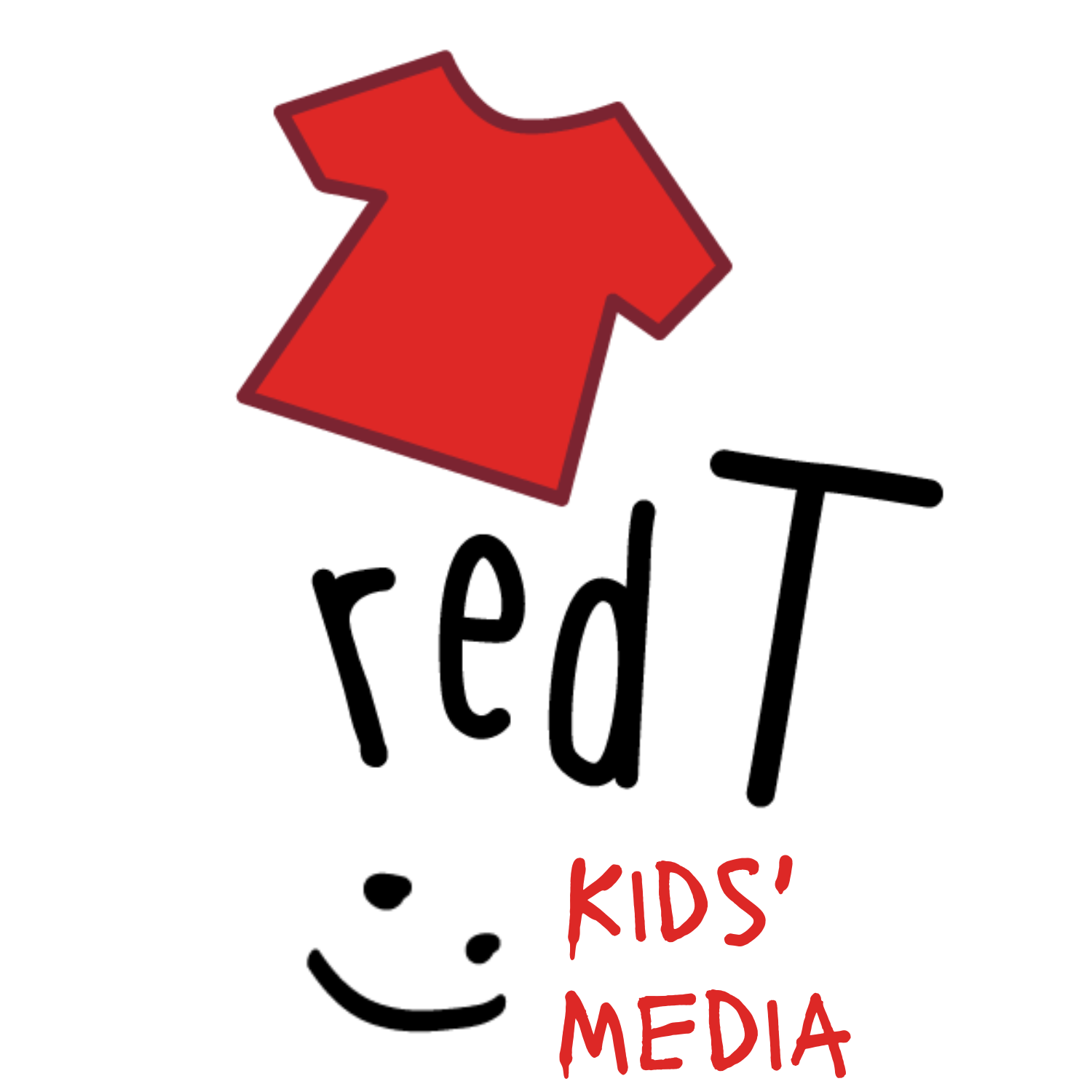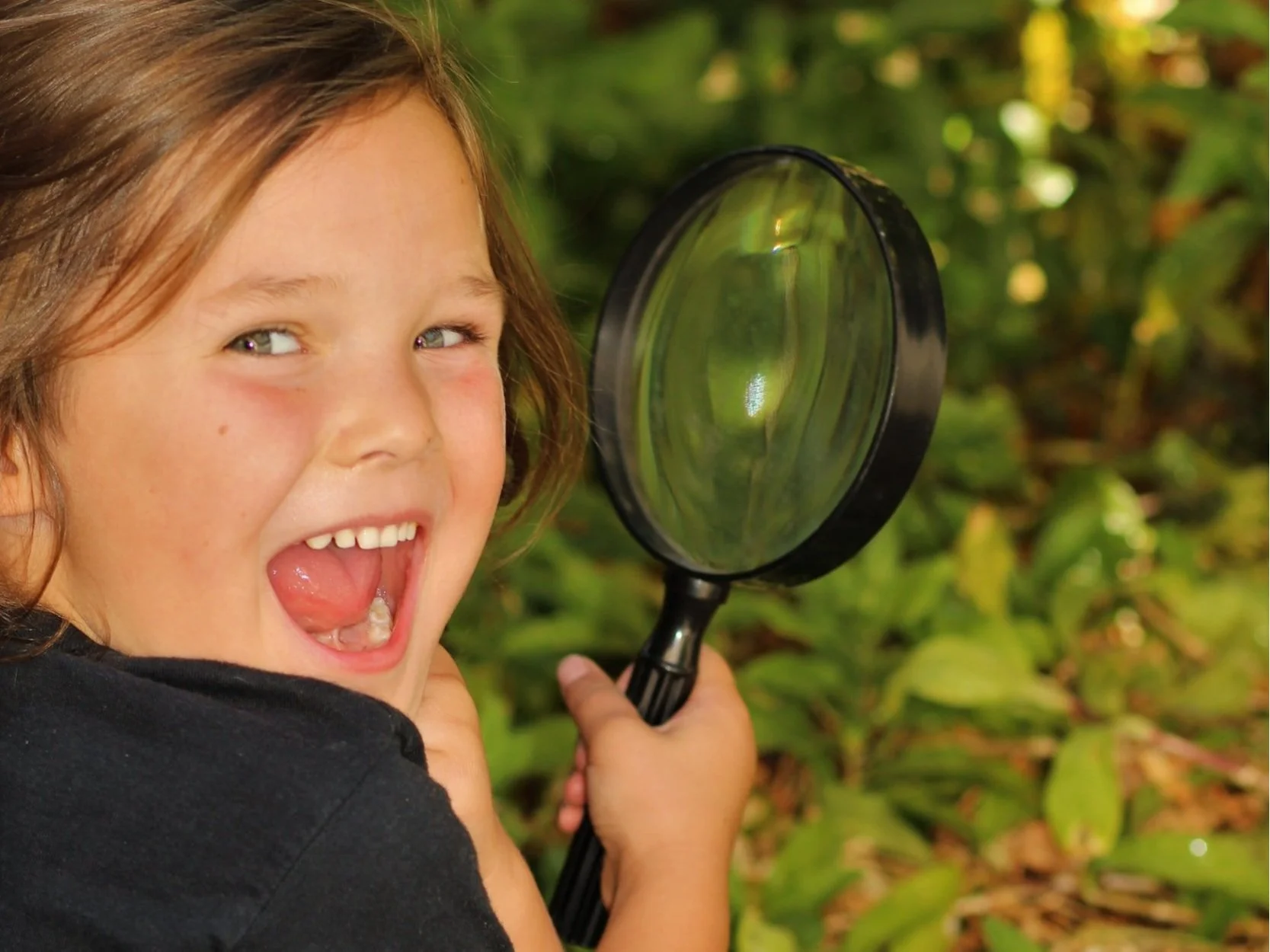Why It’s Okay To Play (Or Just Be) A Fool In Front Of Your Kids
Why, as parents, do we have such a hard time looking like fools in front of our kids? Why, after centuries of wise fools, haven’t we embraced the notion that sometimes, in order to dig out important ideas, we might have to be a little foolish ourselves?
Thinks Well With Others: How Philosophy Encourages Collaboration
Their reality includes social media, interactive learning, and the expectation that they’ll be innovative in their way of thinking. All of these things hinge on being able to not just coexist, but to thrive as a group.
As luck would have it, doing philosophy with your kids can help with this vital skill.
Why It’s Important To Introduce Your Kid To Famous Thinkers From History
Historically speaking, philosophy is just jam-packed with amazing thinkers with fascinating ideas (and fascinating lives). It would be such a shame for little thinkers to miss out on this veritable banquet of thinking just because we assume they’re too little.
I Am A Lifelong Learner.
A desire for lifelong learning, and the skills to actually support it, might be the best thing we can instill in our little thinkers, and reinforce in ourselves.
Big Lesson: Think Before You Speak…Or Type.
Why not equip our kids with the critical thinking skills needed to navigate these choppy waters, and form useful habits when they’re still malleable?
How Robots Can Teach Your Kid To Think
Robots (or at least the idea of them), have been fascinating thinkers for more than two thousand years, because of what they are, what they can do, and what they represent for us as humans. If you’ve got a little thinker who’s fascinated with robots, there are all kinds of questions that can spark some amazing conversations, and encourage critical, creative thought.
In Praise of Weird, Random, Unexpected Moments of Learning
Wherever you’re at, and wherever you were a year ago, it’s all good. We want to assure you that your kids learned, are learning, and that you did and continue to do a great job. It really is true that youngsters have brains like sponges, and anything and everything they encounter presents them with a new opportunity to think. It’s also true that kids are natural philosophers, and whether or not they’re in a classroom, the questions will still keep rolling in, and they’ll still keep finding new and amazing answers to them.
Big Questions For Little Leaders
Perhaps your little thinker has shown leadership potential (and we don’t mean just the average bossiness). Perhaps they haven’t, but you still want them to understand the concept, so they can choose their leaders more effectively. Leadership is an important subject for any child, for a number of reasons, and one that’s actually fun to discuss.
Philosophy And Video Games. For Real.
Video games may just be a jumping off point, a source of inspiration, and a reminder to keep inquiring and keep thinking, and that’s fine. We see them as an opportunity to start conversations, and to invite a wide variety of minds to participate.
Philosophy Gives Literacy A Boost
There is no greater source of interesting and captivating ideas than philosophy. Even small children have strong opinions about philosophical issues, as well as a drive to be heard, and an interest in hearing new and novel viewpoints.
Don’t Be Frightened of the “E” Word (Educational)
The word “educational” makes a lot of people cringe. It conjures up images of heaping plates of broccoli, of having to clean your room, or cut the grass. It makes us think of being chained to a school desk, scribbling the same facts over and over again, and being lectured to. In short, it makes people think of things they have to do because they’re good for them, but that they don’t particularly want to do.
Philosophy For Budding Young Scientists
There are lots of wonderful philosophy questions that can be blended in with scientific exploration. Here are just a few!
Please Stop Thinking Of Philosophy As Just A Subject Area
When we encourage our children as wee philosophers, we are essentially supporting them in learning how to think, instead of just what to think. We’re setting them up for success not only at school, but also in their professional and personal lives. We’re recognizing and encouraging a very human practice, one that’s been in play for tens of thousands of years. It’s a bit much to be squeezed into a subject area, isn’t it?
Cut From the Curriculum: How To Hold Onto Important Lessons in Thinking
It’s the hope of pretty much every parent and educator that school will have room for activities and lessons that foster vital 21st century skills, and that cover important issues. We want our learners to have the most enriching educational experience possible, to be prepared for life outside the classroom, and to become effective global citizens. It’s more than a little disappointing when we hear important pieces of that experience are going away.
Back to School, Back To Thinking
With the new school year approaching (or already started, in some cases), it’s time to double down and really get your kids back into thinking shape. Even if it was a summer of sleeping in, video games, and blockbuster movies, there are still ways to hit the ground running once your child is back in the classroom.
Big Questions For Summer Road Trips
Got a summer road trip planned this month? Are you packed and ready to go? Are you ready to hear the words “Are we there yet?” Your destination is going to be a lot of fun, but sometimes it’s not as much fun to get there. Why not pass the time with a couple of games to keep your kid’s minds buzzing?
The Truth About The Truth
Little thinkers are curious beyond measure, but don’t necessarily have the filters in place to separate the good from the bad. Let’s face it, a lot of us big people are still learning how to navigate the information age ourselves.
Making the Most of Summer Screentime
Remember, it’s okay if you’ve reached that point in the summer where you need a little help from your electronic friends! With a little bit of creativity, you’ll be able to make sure that this time is still well-spent.
Go Ahead, Argue With Your Child.
Admittedly, the idea of teaching a child to argue seems strange. Along with eating, moving, and occasionally napping, disagreeing appears to be second nature to a small person. Something we don’t always think about as big people is the fact that an argument, at least a good one, is much more than just disagreement or opposition. It’s a way to rationally present a point of view, and more importantly, back it up with solid reasons. It’s a way to communicate and test ideas objectively. If this sounds like something that’s beyond a child’s capabilities, reconsider.
Some Big Questions About Beauty
Talking about art and beauty with your little thinker will not only help them to develop skills in critical thinking and communication, but it will remind both of you that even in weird, tough times, there are still beautiful things to see, make and appreciate. That’s a boost we could all use right now.





















